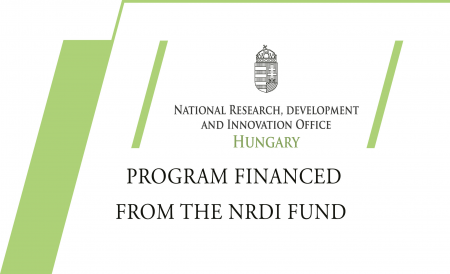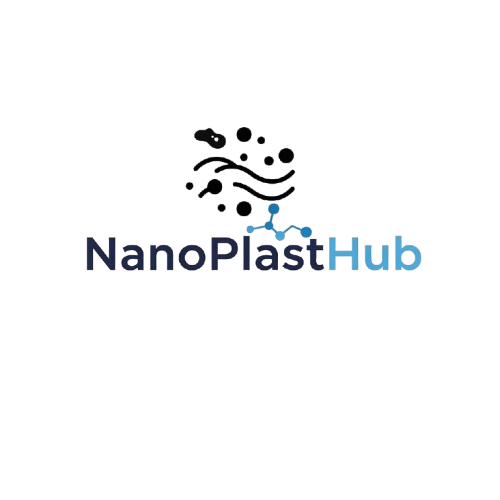2024-1.2.3-HU-RIZONT-2024-00032
The NOEMA project aims to comprehensively analyze the impact of plastic micro- and nanoparticles (MPls and NPls) on human health. Plastics are widely prevalent in society, serving numerous valuable functions in our economy and daily lives; however, plastic waste remains a significant environmental threat. Micro- and nanoparticles produced during the degradation of plastic waste accumulate in the environment and pose potential health risks through chronic exposure. Systematic analysis results of these effects are currently unavailable, leaving associated risks and regulatory issues unresolved. The project sets out three primary goals. The first is to develop detection methods using advanced laser and plasma spectroscopy techniques, as well as machine learning methods, to identify micro- and nanoplastics in complex samples. The second goal is to systematically analyze the health effects of chronic exposure to micro- and nanoplastics, examining their entry into the body and biological impacts at cellular and organ levels. The third goal is to support policymakers and regulatory authorities with comprehensive analyses of regulatory issues and provide evidence-based recommendations to protect public health. The project involves collaboration with the University of Cambridge and the University of Ulm. The consortium, led by the University of Szeged, has significant experience in researching the effects of micro- and nanoplastics. The results will enhance understanding of the health risks posed by plastic pollution and contribute to the development of more sustainable practices and products. The methods developed and knowledge gained through this project will provide a foundation for future research, improve public health regulations, and help reduce plastic pollution.
Project leader: József Maléth

